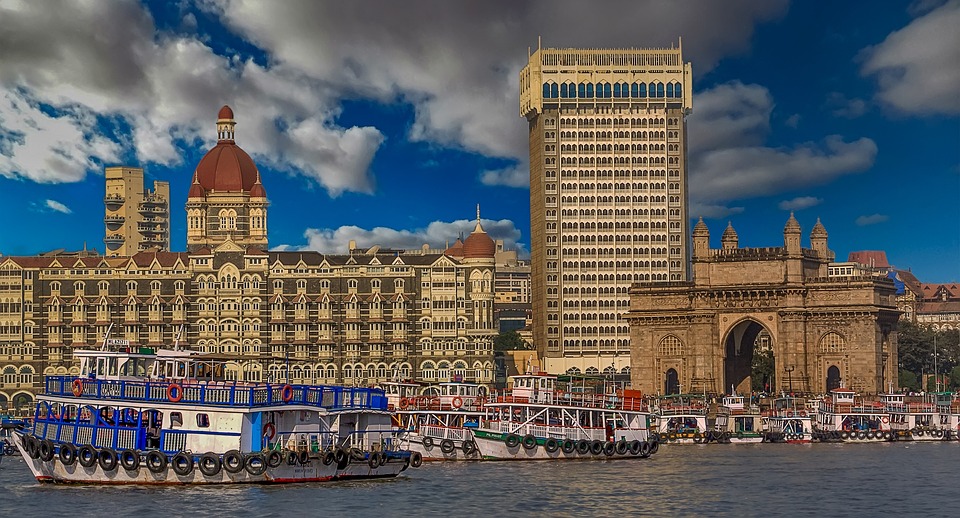Noise pollution refers to the propagation of noise that has a damaging effect on human activities and animal lives. Cities are the most affected areas, since they are home to more people, more businesses and, as a result, have greater vitality. Addressing this issue is essential as more and more people relocate to towns. As a matter of fact, more than half of the world’s population already lives in the cities and this trend is rising. Why is noise pollution a problem and which cities are most affected by it?
Consequences of Noise Pollution
Many studies have shown that loud noise harms human health. It may cause stress, sleep disturbance, hearing loss, and hypertension. Moreover, noise pollution favors the development of cardiovascular diseases and may also provoke cognitive decline. As a consequence, this issue affects the elderly the most. The same applies to children: those who live in very loud neighborhoods have been found to develop language and reading skills at a slower rate.
Noise has a negative impact on the lives of animals as well. The survival of predators depends on their capability to detect pays that can be jeopardized by interfering noise. Moreover, loud noise may also negatively affect the reproduction and navigation of animals, in addition to causing hearing loss.
The Noisiest Cities of the World
Noise is measured in decibels. Being exposed to a sound of 70 may be a nuisance for some people. However, having to endure 80 decibels for eight hours may already have negative consequences on human health. A noise of 100 decibels with an eight-hour exposure can have severe negative effects, while a sound of 110 decibels or more causes immediate physical pain.
The majority of the “noisiest” cities are located in Asia and the Americas. Mumbai holds the first position, with noise level exceeding 100 decibels. Other Indian cities with high noise pollution are Kolkata and Delhi where the noise reaches 100 decibels and 85 decibels respectively.
85 decibels are also reached in Buenos Aires (Argentina) and Shanghai (China). However, the situation is grimmer in such cities as Karachi (Pakistan), New York (US), and Tokyo (Japan), where a 90-decibel noise persists. As far as Europe is concerned, the noisiest towns are located in the Mediterranean region.
Taking into account the negative consequences of this kind of pollution and considering the increasing world trends related to noise pollution in cities, certain measures should be taken to reduce the impact of this issue.

